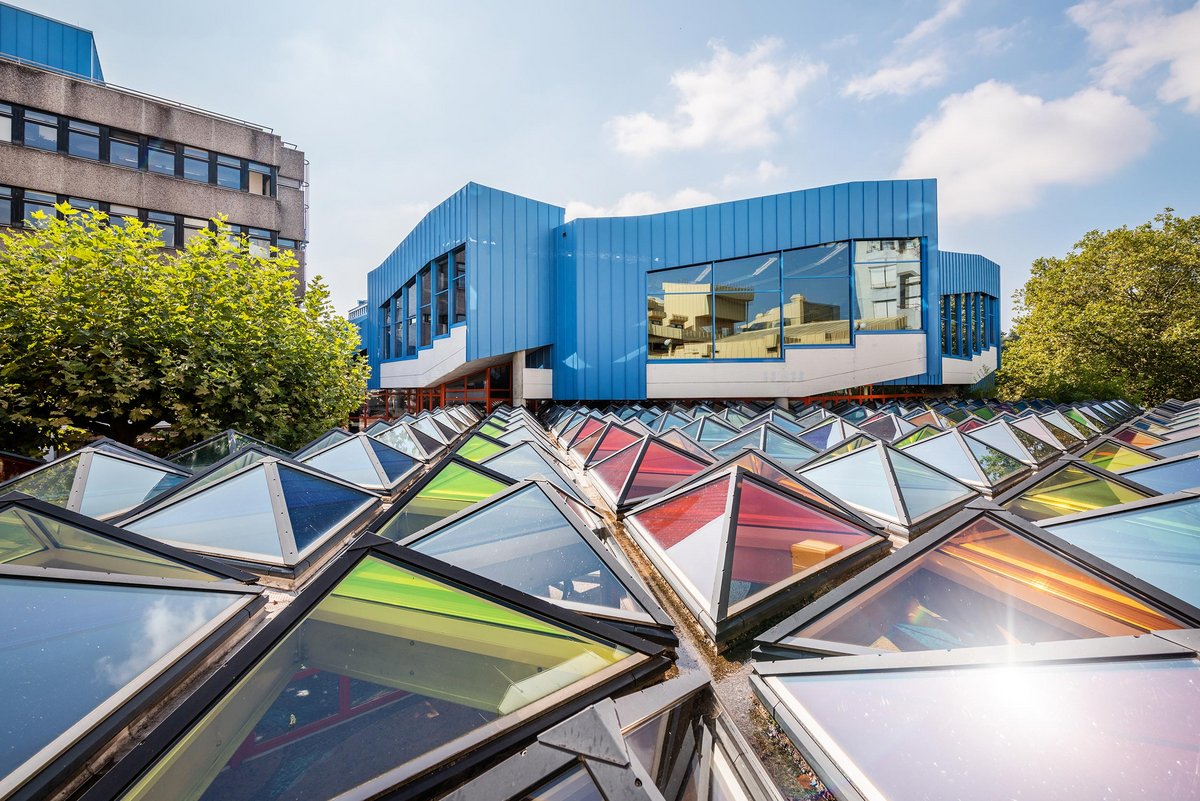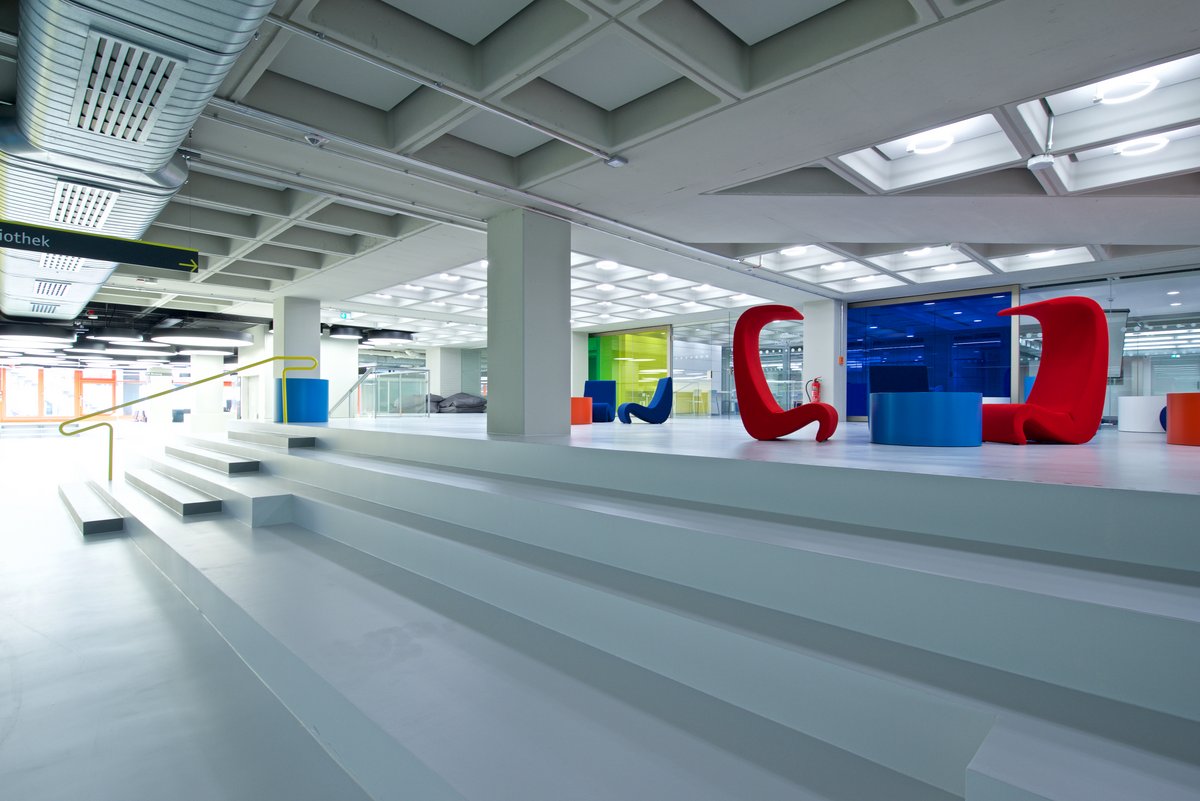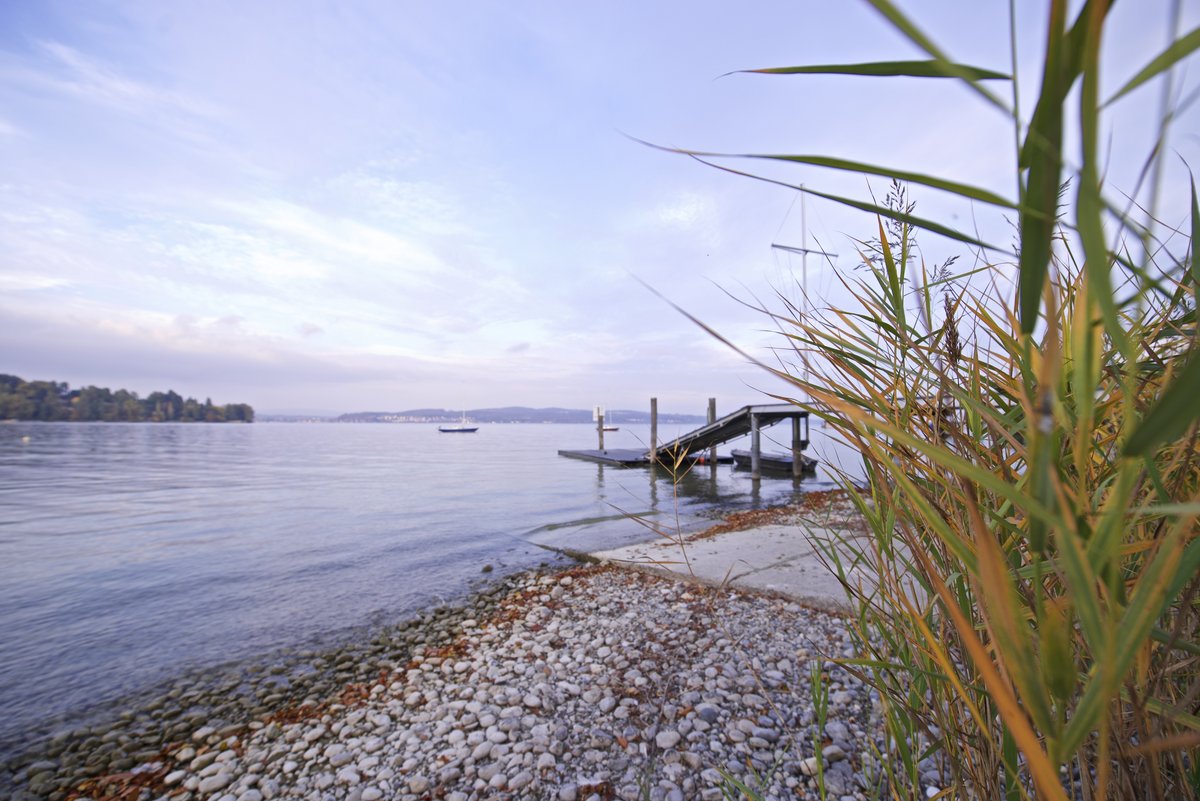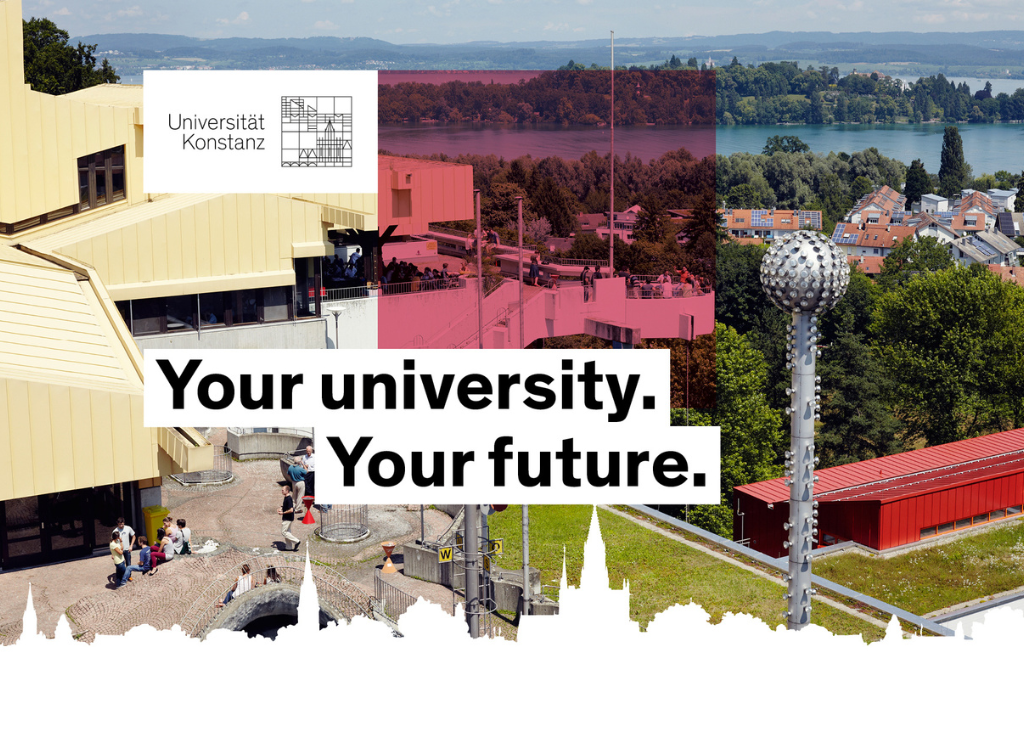
Nanoscience – Master of Science
Nowadays, nanoscience is regarded as one of the most important innovation engines for new technologies and offers solutions to key questions of our time. Knowledge about the production, the structure and the function of chemical materials is seen as key expertise. It is already in great demand today, in Germany and worldwide, and will be in even greater demand in the future. Our nanoscience study programme provides you with an understanding of how to manipulate nanostructures and material structures and how to specifically develop new functionalities and areas of application through their interaction with the macroscopic world. You will receive a sound, high-quality scientific education that equips you with particular competence in the field of material sciences whilst building equally solid specialist foundations in chemistry. As a graduate you will have a qualification profile that is relevant to modern material sciences research. And if you wish to deepen your scientific knowledge and skills, you will be suitably qualified to take up doctoral studies in chemistry or physics.
Why study Nanoscience in Konstanz?
Our Master’s Programme in Nanoscience offers education and training at a leading international level with a strong practical orientation. The researchers at our Departments of Chemistry and Physics include multiple award-winning and internationally oriented scientists. Teaching is both modern and interdisciplinary with numerous research-related courses.
Study content
Prospects
Career prospects
In this master's programme you will acquire knowledge and skills required for a career in modern material sciences research. A large variety of career possibilities open up in industry and the world of science.
Typical work areas include:
- production of instruments in measurement and sensor technology
- production of optical or medical devices
- electronics industry (e.g. production of microchips)
- ceramic and chemical industry
- metal engineering and foundries
- material development (synthetics, biomaterials etc.)
- quality control, materials testing institutes
For a senior position in research and development a doctorate is usually required. Above-average students can take the Fast Track option with direct admission to doctoral studies, thus shortening the overall study period.
You can find out more about career entry in the interview series #dreamjob - Starting a career. Alumni of the University of Konstanz report on their very personal career entry.
Study structure
Start of study
Winter semester | Summer semester
Study structure
You can find an exemplary structure of the study programme in this table.
These documents will support you in planning your studies:
Opportunities for additional training
At the University of Konstanz, you have a broad range of opportunities and training options that complement your study programme, for example orientation programmes to support new students, learning guidance, language courses, a data and information literacy programme as well as options promoting career-oriented skills and social commitment.
Skills for successful studies- GoMINt – orientation programme in STEM subjects
- Writing Centre – writing tutoring, joint writing sessions and workshops
- Language courses at the Language Institute
- Learning guidance, study tips, time management – workshops offered by the Central Student Advisory Service (ZSB)
- Advanced Data and Information Literacy Track (ADILT) – programme can be completed with a certificate
- Transfer – practical projects (research, business, politics and society)
- qualification N – Sustainability Certificate at the University of Konstanz
- Profil+ – programme for career skills (German skills required)
- Career Passport – programme for career skills (for international students)
- Advice on career entry, opportunities and workshops from Career Service
Internships and stays abroad
Internship
You have to complete a total of two months work experience during the master's programme
Stay abroad
A period of study abroad is always highly recommended. The university promotes study abroad via Erasmus+ and numerous other exchange programmes.
Impressions from students and lecturers
Hear from students and lecturers
In our interview series, students talk about their subject, teachers explain the department's research and tell you what topics they cover in seminars and lectures.
Get an impression
Discover online lectures and websites with more information about your prospective subject.
Study requirements
Admission requirements for studying
- Documentation of your academic degree in chemistry or a closely related field with a clear tie to chemistry including details on course work (including course hours per week) and ECTS-credits. If you have not received your degree certificate by the end of the application deadline, please attach documentation of all your examination results so far.
- Documentation of advanced skills in English (at least level B2 of the Common European Framework of Reference for Languages). In justified exceptional cases, knowledge of English can be proven in an interview. The Standing Examination Board Nanoscience decides on exceptional cases.
- If you completed your university degree in a country that did not sign the Lisbon Treaty (ETS No. 165), you will need to provide documentation of a GRE test with at least a combined average score of 150 points (verbal reasoning and quantitative reasoning score). See the chart of signatures and ratifications of Treaty 165 for more information. In justified exceptional cases, the GRE test may be replaced by an interview. The Standing Examination Board Nanoscience decides on exceptional cases.
Further information can be found in the admission regulations.
Fees
Semester fee
All students enrolled at the University of Konstanz are charged a semester fee each semester, similar to all other German universities. Here you can find the current semester fee and its individual components.
Tuition fees for first degree studies for certain international students
Since winter semester 2017/18, the state of Baden-Württemberg has required some international students to pay tuition fees for their first degree studies. The following students are not required to pay tuition fees: citizens of a country within the European Union (EU) or the European Economic Area (EEA), doctoral students and certain “Bildungsinländer” (e.g. non-EU citizens with a German “Abitur”). More detailed information can be found here.
Each year, the University of Konstanz grants exemptions to a limited number of particularly gifted international degree-seeking students in accordance with the university’s “Begabtenbefreiungssatzung” (statutes governing the exemption of gifted students). More detailed information can be found here.
Tuition fees for second degree studies for all students
All students are required to pay tuition fees for their second degree studies. More detailed information can be found here.
Required language skills
Required foreign language skills
Along with your application, please include documentation of advanced skills in English (at least level B2 of the Common European Framework of Reference for Languages)
Approved language tests and certificates:
- TOEFL (Test of English as a Foreign Language) test result of at least 72 points (internet based)
- Cambridge Certificate: at least a Cambridge First Certificate in English (FCE)
- IELTS (International English Language Testing System) test result of at least band 5
- Five years of continuous English lessons at a German-speaking secondary school completed with at least 5 points (usually certified by the higher education entrance qualification)
This requirement is also met if you can document having attended secondary school, having completed a bachelor’s degree or having studied at least one semester abroad in: Australia, the United Kingdom, Ireland, Canada, Malta, New Zealand, Singapore, South Africa or the United States.
German language skills
International applicants do not have to prove the German language skills.
Teaching and examination language
The Master's Programme in Nanoscience is taught in English.
Interests and skills
- Thirst for knowledge
- Interest in the natural sciences
- Logical and analytical thinking
Application
Application and application documents
Application documents
To submit your online application you are required to upload the following supporting documents as PDF-files:
- Documentation of your academic degree including details on course work (including course hours per week) and ECTS-credits. If you have not received your degree certificate by the end of the application deadline, please attach documentation of all your examination results so far
- Documentation of advanced skills in English
- Curriculum vitae
- If you completed your university degree in a country that did not sign the Lisbon Treaty (ETS No. 165), you will need to provide documentation of a GRE test with at least a combined average score of 150 points (verbal reasoning and quantitative reasoning score). See the chart of signatures and ratifications of Treaty 165 for more information.
- Current certificate of enrolment or proof of exmatriculation (if you have studied at a German university, please indicate your 'Fachsemester’ and ‘Hochschulsemester’).
Important note: Please note the information provided under the tab "admission requirements" and "language skills".
International applicants
- If your documents are not available in German or English, you will need to have them translated. Please submit a German or English translation of your documents along with the original versions.
- Applicants from China, India and Vietnam: APS certificate (original) issued by the German Embassy of your home country
An application is possible during the following period: 07.05. - 15.06. | 29.11. - 15.01.
There may be other deadlines if you are applying for admission to a higher semester (for instance, if you are changing subjects or universities). For more information please consult the
university website
.
Contact
Contact person
The Central Student Advisory Service (ZSB) can help you with general questions about finding the right study programme as well as when you are concerned or unsure about your studies. We will be happy to advise you and support you with a wide range of services .
Central Student Advisory Service (ZSB)
Room: D409 – 412a
Make an appointment: termin.zsb@uni-konstanz.de
Questions related to the content or organization of the study programme:
Departmental student advisory service
Jutta Gutser-Bleuel
Room: L 804
Phone: +49 7531 88-2816
Email: jutta.gutser-bleuel@uni-konstanz.de
Studying at the University of Excellence Konstanz
With your university entrance qualification in your pocket, the sky is the limit. Get a top education at the University of Konstanz, benefit from outstanding teaching and interdisciplinary exchange on our international campus. Situated on a hilltop overlooking Konstanz with a great view of Lake Constance and the Alps, our nationally and internationally renowned research university has been recognized as a University of Excellence since 2007.
Top ratings in the CHE University Ranking regularly confirm the quality of our study programmes. Take your pick from more than 100 programmes! Our courses are close to research and will perfectly equip you for the future, especially in combination with practice-oriented, socially relevant transfer projects, opportunities for going abroad and qualification programmes that you can complete alongside your studies.





